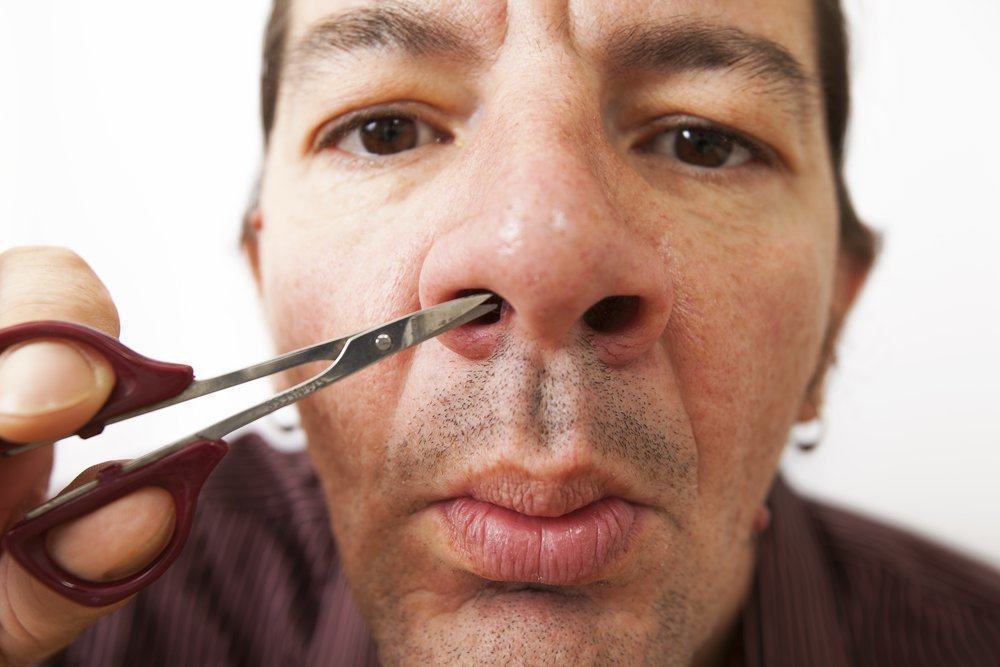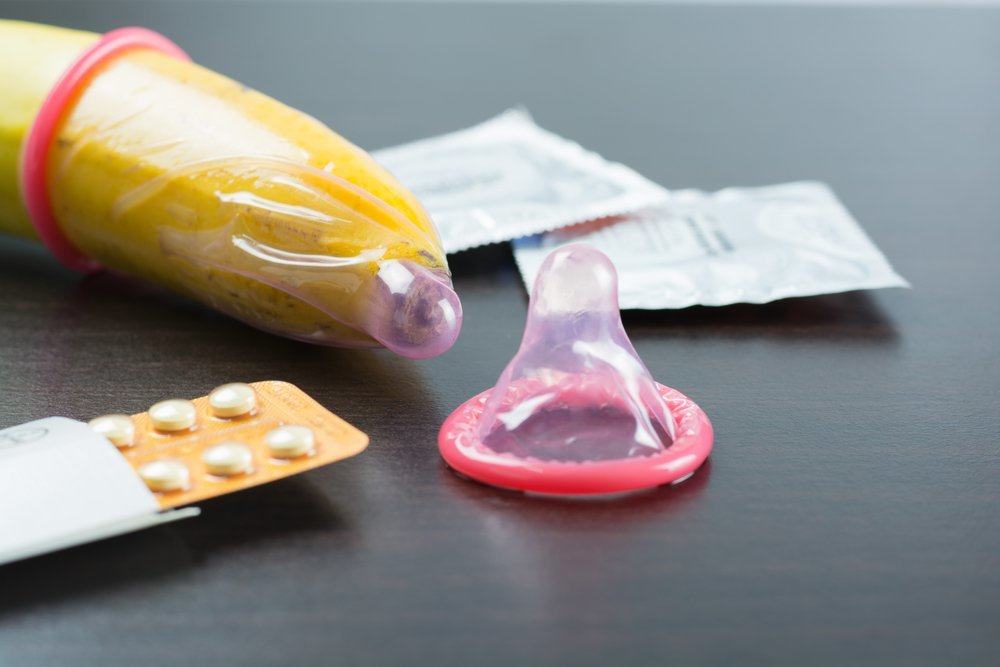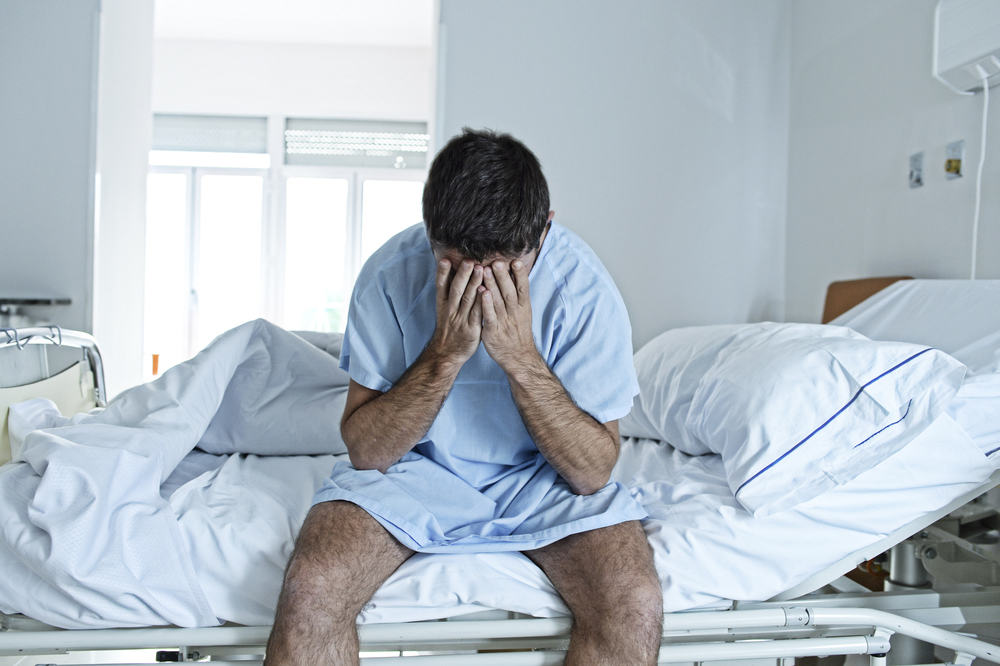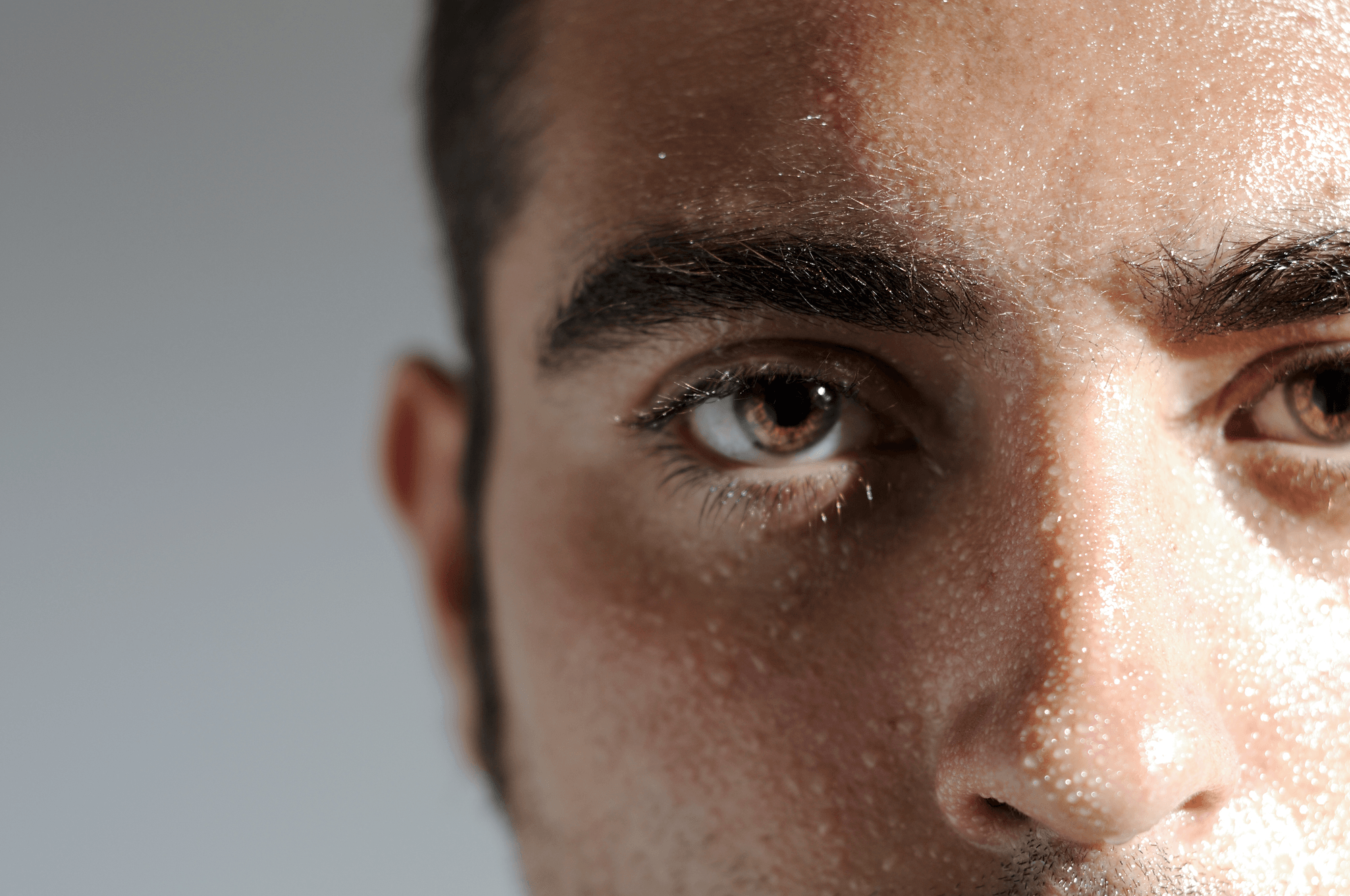Contents:
- Medical Video: Louix Dor Dempriey - The Truth about Miscarriages
- What help will I get after a miscarriage?
- Will a miscarriage affect my next pregnancy?
- What can I do to get pregnant again?
- What can I do if I am pregnant but are afraid of miscarriage again?
Medical Video: Louix Dor Dempriey - The Truth about Miscarriages
Whatever your circumstances, miscarriages can be a very sad experience. Couples and people you care about may also be difficult to accept.
It's natural for someone to go through the same grieving process that you will experience when you lose your relatives or close friends.
You mourn the loss of your baby's future and the shadow of being a parent. You might be curious whether you have a baby girl or a boy, or start thinking about your favorite baby name. This can be difficult, especially because people around you may not understand the aspects of the grieving process after a miscarriage. You may be emotionally and physically depressed, because grieving can affect the mind and body in different ways.
You might feel:
- Guilty: try to remember that many miscarriages occur without cause, not because of what you do.
- Angry: sometimes with the closest person or friend or other family member who is pregnant or has a baby.
- Great sad: everything you expect might seem to have been seized.
- Confused: You might be desperately looking for answers. Unfortunately, in most cases of miscarriage, the cause cannot be found.
- Anxious and lost control: sadness can feel like fear. You may feel nervous, nauseous, or have a stomach ache, and no appetite.
- Shock and silent: You have difficulty concentrating or being closed.
- Tired: You may feel tired, but you can't sleep. Or you might want to sleep all the time.
Allow yourself to be alone to feel what you feel. The experience of miscarriages for each person is different and there is no way to respond to right or wrong.
If you have told people that you are pregnant, you might be afraid to give this bad news. Sometimes, expressing sympathy can be more difficult to handle than entertainment.
Even if you are physically fit, you may need to stop working temporarily. The doctor will be able to provide a health record to give to your boss. If you have to care for your other child, seek additional help if necessary.
You and your partner may have difficulty communicating because you are trying to make peace with what has happened. Try giving yourself time to grieve. It's natural for you to worry about saying the wrong thing, but you should still talk to each other about what you feel.
Pain from loss can make you feel isolated and lonely. Besides talking to your loved ones, you may try to share your experiences with others. Many people consider this helpful, but others say this might be too scrape wound.
There is no time limit for sadness because your loss is to the end, and this may take longer than you and others expect. Many losing parents continue to feel a bond with their deceased babies and get comfortable doing so rather than trying to "forget" them.
Even if you think you have begun to overcome the loss of miscarriage, you may be carried away by your own emotions. You and your partner may feel tremendous emotion on the date your baby is supposed to be born, or warn of a day of miscarriage. This is a totally natural reaction.
What help will I get after a miscarriage?
After a miscarriage at any stage of pregnancy, you will be offered further consultation with a midwife or doctor. This usually occurs between the 6th and 8th weeks after a miscarriage. Midwives or doctors will focus on helping you recover physically, but they also have to help you recover emotionally.
If you experience an early miscarriage, before 12 weeks, you can meet with a specialist nurse, or with a general practitioner. If a miscarriage occurs at an early stage, the doctor or midwife may be a little calmer than you expected. Unfortunately, early miscarriages are very common, and this may affect how your doctor or midwife looks at your experience. Don't hesitate to ask for help if you feel the need.
If you have a miscarriage in a late-stage pregnancy, after 12 weeks and before 24 weeks, visit the obstetrician. Miscarriage in the final stage can be very difficult to accept. At this stage, for most parents, the term "miscarriage" is very unfair because they already feel the presence of a baby in the womb, and not just a fetus.
Doctors and midwives who care for you must respect and understand your loss.
Will a miscarriage affect my next pregnancy?
The good news is, this is not possible. You will be far more likely to experience a healthy pregnancy than a miscarriage again.
Miscarriage usually only occurs once. So having a miscarriage does not always mean that you will have a problem if you try to have another baby. However, the risk of miscarriage increases with age, so you may want to try again sooner if you consider age or fertility.
Your chances of getting pregnant healthily may then be possible, even if you have a miscarriage for three or more consecutive times.
What can I do to get pregnant again?
Wait until you and your partner feel ready, both physically and emotionally, to try again.
It may take several months for your body to adjust to a regular cycle. It's also time to check that all symptoms of miscarriage, including bleeding, have disappeared. This is a good way to make sure you don't get an infection and you are in the best condition when you try again.
If you are not ready to get pregnant again, start using contraception before your first menstruation. Menstruation will usually reappear in about 4-6 weeks after a miscarriage, but you will become fertile beforehand. You will ovulate a few weeks before the first menstruation.
What can I do if I am pregnant but are afraid of miscarriage again?
Your anxiety is very reasonable. This pregnancy may feel like the 9 longest months of your life. You may feel uncomfortable until you have passed the pregnancy week safely where you had a previous miscarriage. Even though it's difficult, try to keep positive thinking. You still have the chance to get pregnant normally.
If you experience a miscarriage recently or repeatedly, you will get care and support in this pregnancy. Once you are pregnant again, your doctor can recommend an early pregnancy assessment unit (EPAU) for tests and scan.
The EPAU team can look after women who have had a miscarriage. The specialist support you will receive will increase your chances of getting pregnant healthily.
If you experience an early miscarriage, you can ask the midwife or doctor to do it scan the beginning to convince you and your partner that everything is fine. Most EPAU teams are happy to receive assistance from others in these circumstances. When you both see a baby's heart beating, you might be able to start a little more relaxed.
You must be able to know how to prepare your food to avoid the chance of being infected. If you are tempted to smoke or drink alcohol, it's time to stop.
You may exercise lightly regularly. If you are not active before having a miscarriage, talk to your doctor or midwife about starting to exercise. When you are pregnant, exercising will not harm the baby, and can help you feel calm.












